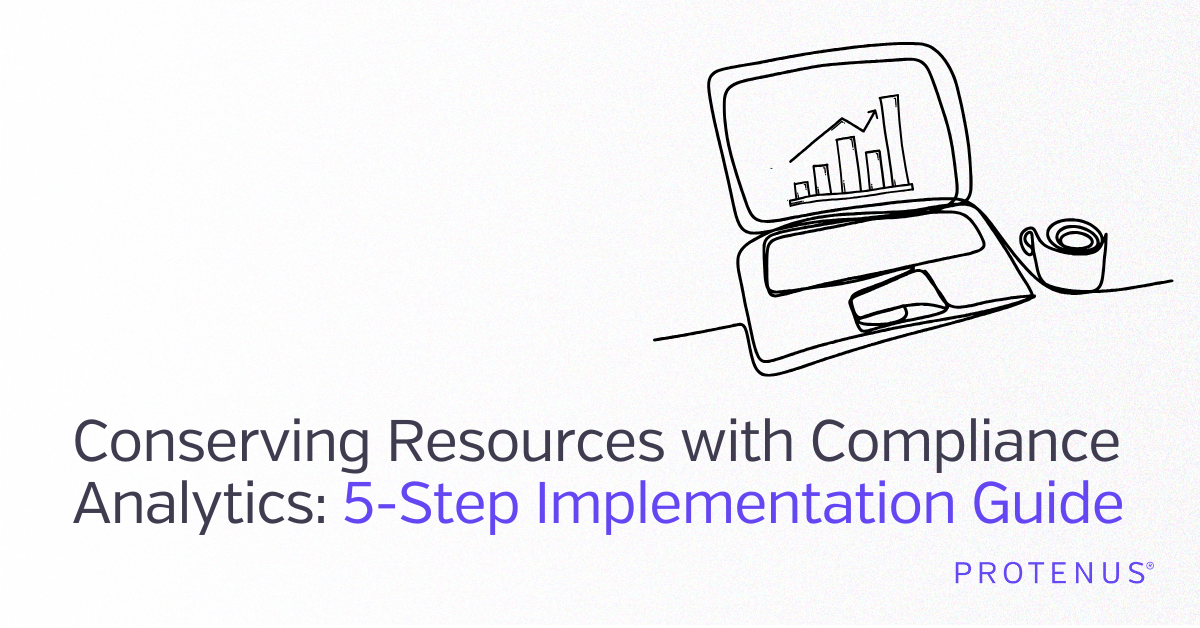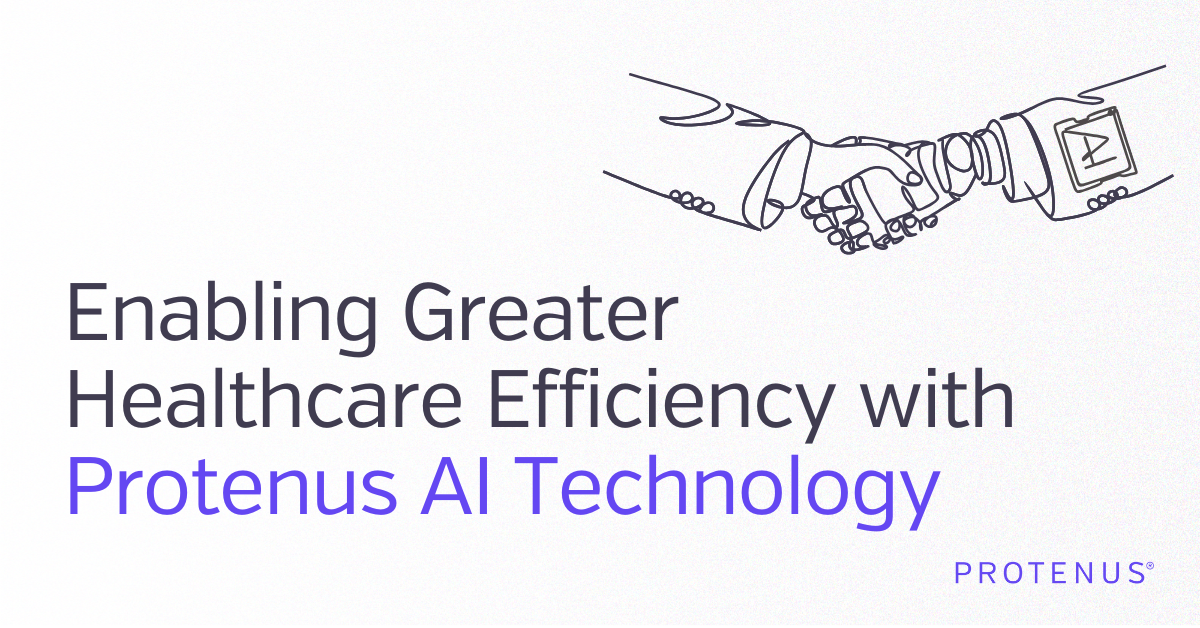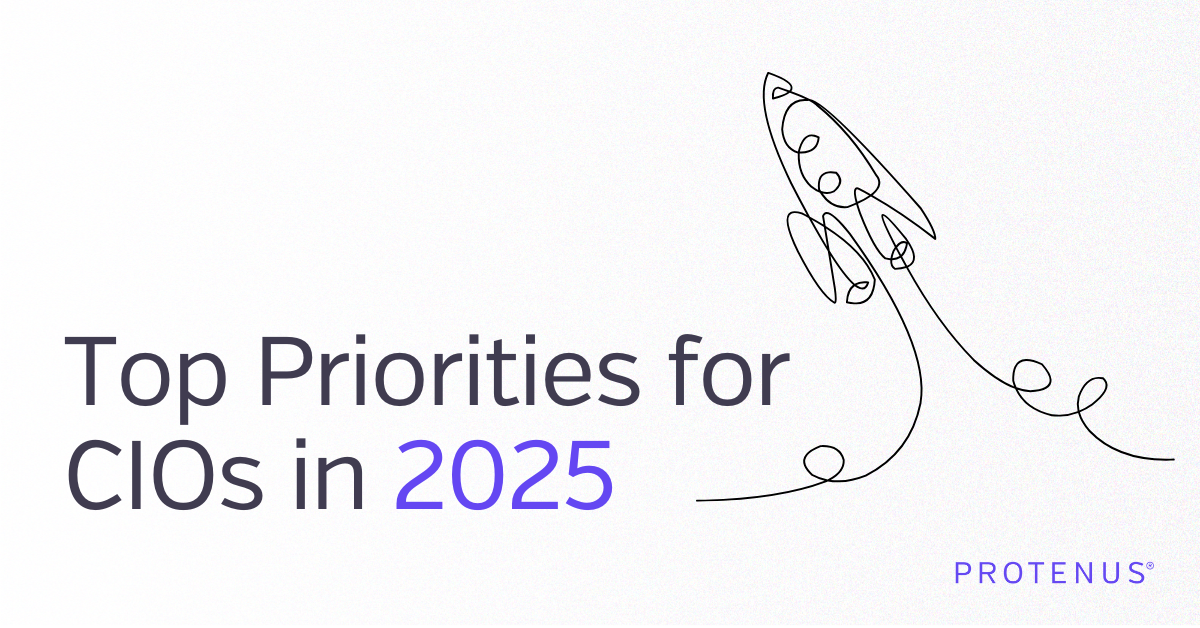by Gracie Belle Smith on November 15, 2023
The healthcare industry is persistently confronted with critical challenges. The shortage of healthcare labor is having a profound impact on various aspects of patient care. Among these concerns, the threat to patient privacy has become increasingly evident. In this blog post, we will uncover the repercussions of healthcare labor shortages and explore how they can compromise patient privacy within healthcare systems.
47% Of U.S. Healthcare Workers Plan To Leave Their Positions By 2025 - Forbes
The Impact of Labor Shortages on Patient Privacy
Healthcare organizations are grappling with labor shortages due to factors such as employee turnover, early retirements, and transitions into other industries. This exodus of healthcare workers is compounded by another significant concern: burnout. According to AON, a staggering 89% of healthcare employers have identified burnout as a pressing organizational issue. The shortage of labor has disrupted operations and strained budgets, making it even more difficult for healthcare organizations to attract, retain, and replace staff at previous levels.
Amidst budget constraints and staffing shortages, what are some risks that arise in terms of patient privacy? Let's discuss two key aspects: higher employee turnover rates and limited resources.
Employee Turnover Rates and Policy Compliance
Tight budgets, coupled with high turnover rates in health systems, present a myriad of challenges when it comes to effectively monitoring 100% system accesses across their enterprise and staying compliant with regulatory agencies. The need for recruiting, onboarding, training, and managing new employees places an additional burden on already strained resources, leading to workforce inefficiency. This inefficiency becomes evident as newly onboarded employees require more time to fully understand organizational policies and procedures, which is crucial for the organization to stay compliant with regulations.
Unfortunately, the situation is further exacerbated by employee burnout, which contributes to increased turnover rates and sloppy workflows within health systems. This, in turn, creates a higher risk of unintentional incidents that compromise PHI and patient privacy.
Staffing Shortages and Privacy Vulnerabilities
Staffing shortages have a significant impact on patient privacy across different areas within healthcare organizations. When resources are stretched thin, employees may find themselves juggling multiple responsibilities or facing time constraints. This can compromise their ability to dedicate sufficient attention and care to maintaining patient privacy. During the final Episode of our Protenus' Privacy FAQ video series entitled “Labor Shortages & Economic Constraints”, Protenus Chief Customer Officer, Brittany Keller shared:
Staffing shortages within compliance, privacy, and HR offices mean there is less time for patient privacy monitoring and investigations, longer detection times and investigative processes, and an increasing risk to reputational and financial consequences for the organization."
- Brittany Keller, Chief Customer Officer, Protenus
Inadequate staffing levels may also result in rushed processes, increasing the likelihood of policy violations and privacy breaches.
Safeguarding Patient Privacy: The Role of Technology
Healthcare leaders and compliance professionals find themselves overwhelmed with tedious workloads that leave them prone to burnout and turnover. This not only impedes their ability to effectively monitor patient privacy and protect PHI but also leads to long detection times for potential privacy breaches.
Furthermore, those who take a report-based monitoring approach often yield high false positive rates, resulting in investigators wasting precious time and resources chasing down dead-end incidents. This inefficient use of resources can have detrimental effects on both the financial and reputational aspects of healthcare organizations.
To tackle these obstacles and protect patient privacy effectively, healthcare organizations must adopt AI-driven patient privacy monitoring solutions. AI-driven solutions like Protenus' Patient Privacy Monitoring offer a comprehensive approach to monitoring by ensuring that 100% of system accesses are monitored, automating workflows, and streamlining investigations. All of which significantly reduce the burden on compliance professionals and other healthcare workers.
AI-based monitoring solutions can often offer insights that help organizations to pinpoint specific risk areas or repeated risky behaviors so that they can develop targeted intervention and training strategies to address and prevent recurrent risk moving forward."
- Brittany Keller, Chief Customer Officer, Protenus
By taking this approach compliance professionals can minimize their risk, prevent regulatory fines, and reduce the likelihood of repeat offenders.
Strengthening Patient Privacy in Challenging Times
In conclusion, as the healthcare industry continues to grapple with labor shortages, organizations must remain vigilant in addressing the threats posed to patient privacy. By acknowledging the risks associated with higher employee turnover rates and limited resources, organizations can take proactive steps to protect sensitive PHI.
Implementing an AI-driven Patient Privacy Monitoring Solution is an essential component of safeguarding patient privacy. By leveraging technology and fostering a commitment to privacy throughout the organization, healthcare entities can navigate these challenging times while upholding their responsibility to protect PHI from insider threats.

.png?width=1000&height=140&name=Bluesight%20%2B%20Protenus%20Logo%20%20(1).png)




